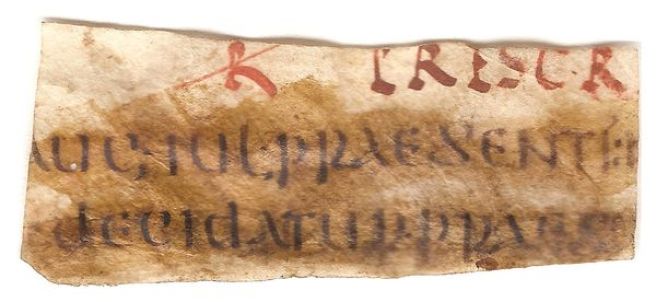Some notes of encouragement as we turn to summer projects. Alas, Martial’s words ring in my head every morning: “You will live tomorrow, you say? Postumus, even living today is too late; he is the wise man, who lived yesterday.” (Cras uiues? Hodie iam uiuere, Postume, serum est: / ille sapit quisquis, Postume, uixit heri, 5.58). For those of us lucky enough to get our summers off, the season’s onset comes too with panic: what are we working on? When will we start!
the effect of this over time is that some of us are incapable of really taking any time off. Before you make the mistake of thinking I am holding a one-Homerist sized pity-party, I do acknowledge that having the time even to worry about this is an indication of immense privilege both in terms of the course of human history and contemporary conditions. Even overlooking the billions of humans now living who struggle with basic needs (and under much worse conditions), there are thousands (if not more) of academics who are struggling to make ends meet while also facing the existential threat of publishing (and perhaps still perishing).
Here are two Roman authors talking about writing and publication.
Seneca, De Tranquillitate Animi 13-14
“Why do we need to compose work that will endure for generations? Why not stop driving to make sure posterity won’t be quiet about you? You have been born mortal—a silent funeral is less annoying! So, for the sake of passing time, write something for your use in a simple style not for publication. There is less need to work for those who study just for today.”
Quid opus est saeculis duratura componere? Vis tu non id agere, ne te posteri taceant? Morti natus es, minus molestiarum habet funus tacitum! Itaque occupandi temporis causa, in usum tuum, non in praeconium aliquid simplici stilo scribe; minore labore opus est studentibus in diem.
Pliny the Younger, Letters 10 To Octavius Rufus
“For the meantime, do as you wish regarding publication too. Recite it from time to time, then you may feel more eager to publish and then you may experience the joy I have long been predicting for you, and not without reason. I imagine what crowds, what admiration, what clamor then silence awaits you. (For myself, I like this as much as applause when I speak or read, as long as it shows a desire to hear me speaking). There is a great reward ready for you! Stop undermining your work with endless delay! When even this is excessive, we need to be wary of hearing the name of idleness, laziness, or even fear. Farewell!”
Et de editione quidem interim ut voles: recita saltem quo magis libeat emittere, utque tandem percipias gaudium, quod ego olim pro te non temere praesumo. Imaginor enim qui concursus quae admiratio te, qui clamor quod etiam silentium maneat; quo ego, cum dico vel recito, non minus quam clamore delector, sit modo silentium acre et intentum, et cupidum ulteriora audiendi. Hoc fructu tanto tam parato desine studia tua infinita ista cunctatione fraudare; quae cum modum excedit, verendum est ne inertiae et desidiae vel etiam timiditatis nomen accipiat. Vale.

Addendum:
Pliny the Younger, Letters 1.2
“Clearly, something must be published – ah, it would be best if I could just publish what I have already finished! (You may hear in this the wish of laziness.)
Est enim plane aliquid edendum — atque utinam hoc potissimum quod paratum est! Audis desidiae votum
